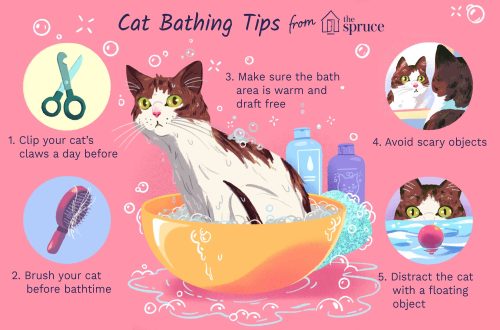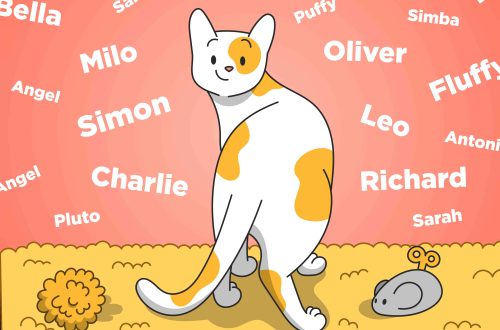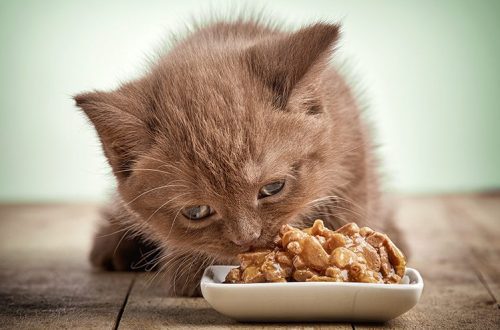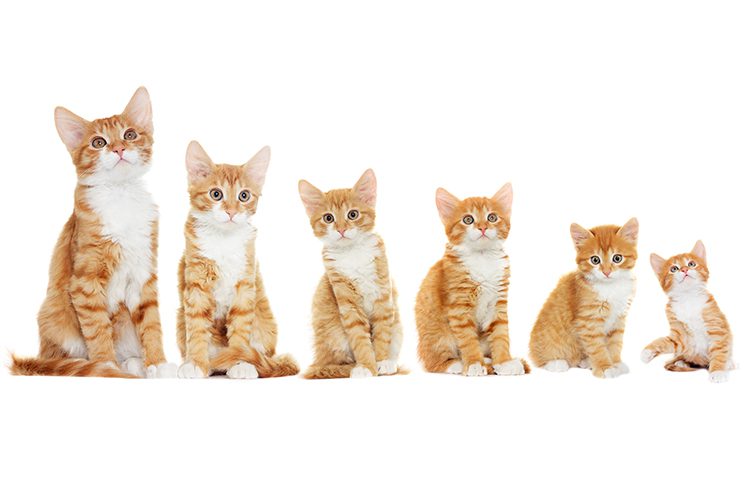
When and how to transfer a kitten to adult food?
At what age do kittens switch to adult food? How are diets for toddlers different from diets for adults? How to make the transition to another food without stress for the body? We answer these and other questions in our article.
When you purchase a kitten from a responsible breeder, many feeding issues are bypassed. As a rule, the pet is already 3 months old and he knows how to eat on his own. Depending on the chosen type of feeding, he eats either ready-made feeds or natural products. If you are satisfied with what the breeder fed the kitten, you just continue to stick to the diet. If you want to change the food or change the type of feeding, do it gradually, after the kitten has adapted to the new home. In the first days after the move, it can only be fed with the usual food, i.e. Exactly the way the breeder gave him. Even if you don’t like this choice.
The correct diet of a kitten contains an increased amount of fat and protein. High nutritional value is vital for the harmonious development of the body. The kid grows by leaps and bounds. He has a very fast metabolism and only a special diet can keep up with his needs. On a poor, unbalanced or inappropriate diet, kittens grow up weak, lethargic and sickly.
That is why ready-made feeds are more popular than natural products. It is almost impossible to achieve the perfect balance of components, and with a natural type of feeding, there is a high risk that the kitten does not receive all the nutrients it needs. Ready-made food, on the contrary, is fully adapted to the needs of the pet. The only thing: you need to choose a good, high-quality food (super premium class).

The kitten grows and develops throughout the first year of life. In about a year, growth is completed – and the kitten turns into a stately adult cat. Not only his appearance changes, but also his behavior and needs.
At 1 year old, a cat no longer needs a highly nutritious kitten food. It needs to be transferred to an adult diet, with a moderate content of fat and protein.
If this is not done, the pet will have excess weight and problems with the musculoskeletal system.
Any changes in the diet should occur smoothly and in stages, otherwise severe stress is provided to the body.
Adult food is introduced into the diet gradually, in limited quantities. You continue to give your pet kitten food and dilute it little by little with adult food. Dry food can be mixed directly in one bowl (to start with 70% kitten food and 30% adult food). With wet, this will not work: it is better to alternate canned food for kittens and canned food for adults. Gradually, the ratio changes in favor of the adult diet until it reaches 100%.
If you stick to a natural type of feeding, changes in the diet should be coordinated with a veterinarian. He will tell you what foods to focus on in feeding an adult cat.
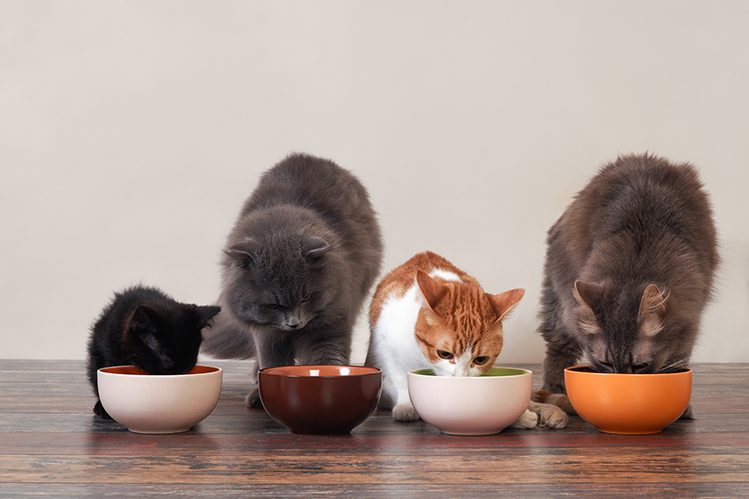
Kitten food is prescribed from 1 to 12 months of age. As soon as the cat is one year old, it is transferred to a balanced diet for adult cats.
It is advisable to choose lines from one brand. For example, if a pet ate Monge Kitten food, then when it reaches the age of one, it is better to transfer it to Monge Adult Cat food (or another line of the same brand).
Feed formulations from different manufacturers can vary greatly, while formulas from the same brand blend well and are easy to digest. The same applies to combining dry and wet food in one diet: it is better that they are from the same company.
Choose super premium diets. Their composition is based on selected meat. This corresponds to the natural needs of the cat, because it is primarily a predator! Super premium feeds are made from high quality, safe ingredients that are perfectly balanced with each other. Additional vitamins and minerals with such feeding are not required for the cat.
Please read the packaging carefully before purchasing. Check the composition, purpose, expiration date and integrity of the package. To achieve the result, be sure to follow the feeding rate (it is also indicated on the package) and do not mix ready-made and natural products in the same diet.
Even the highest quality diet will not benefit your cat if you feed her sausages and condensed milk!
Feed your cat the right way and her health will thank you!



